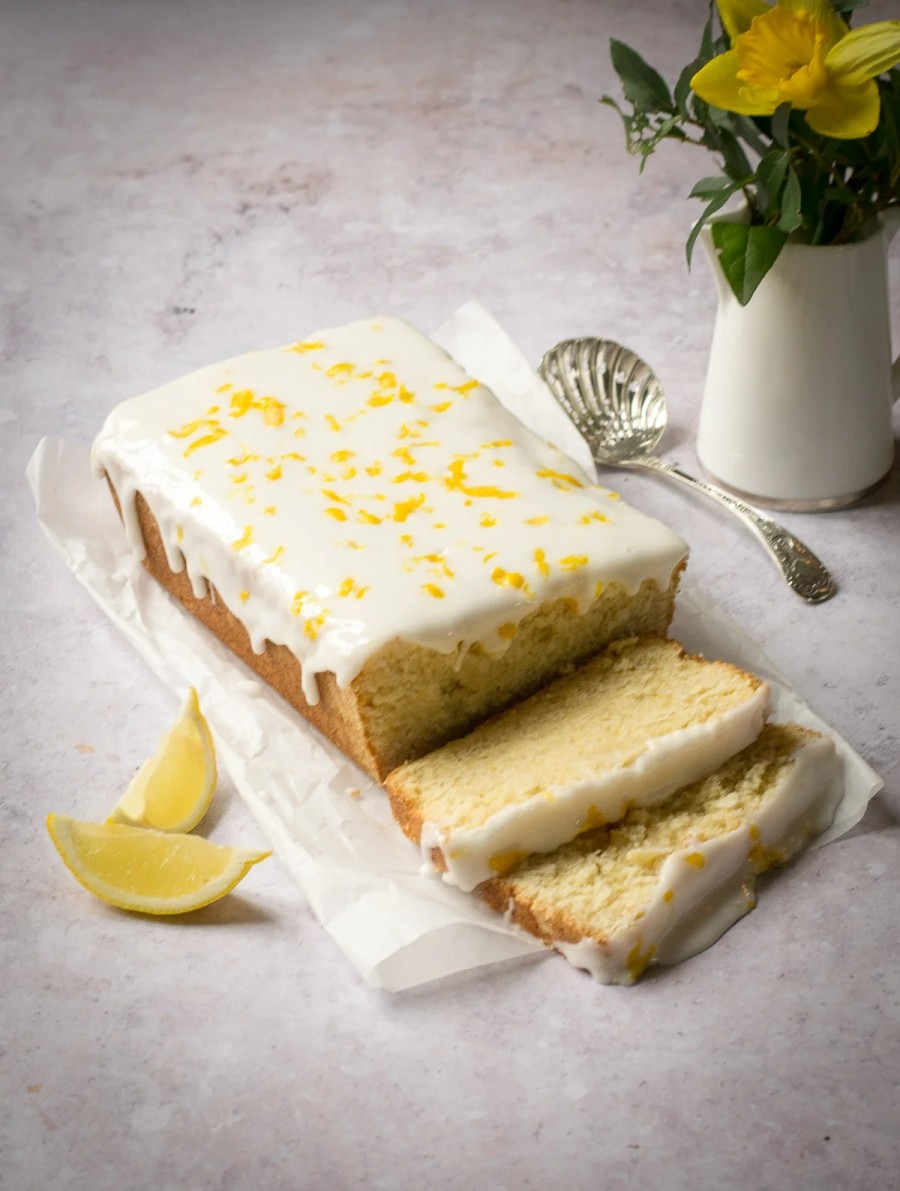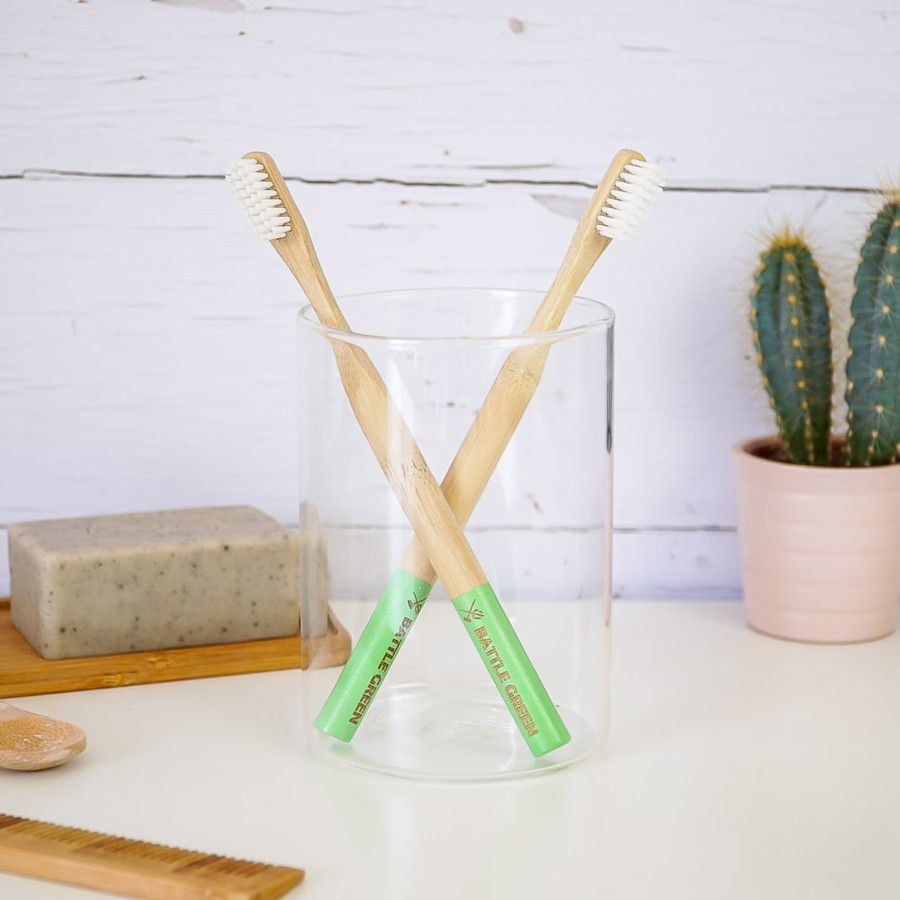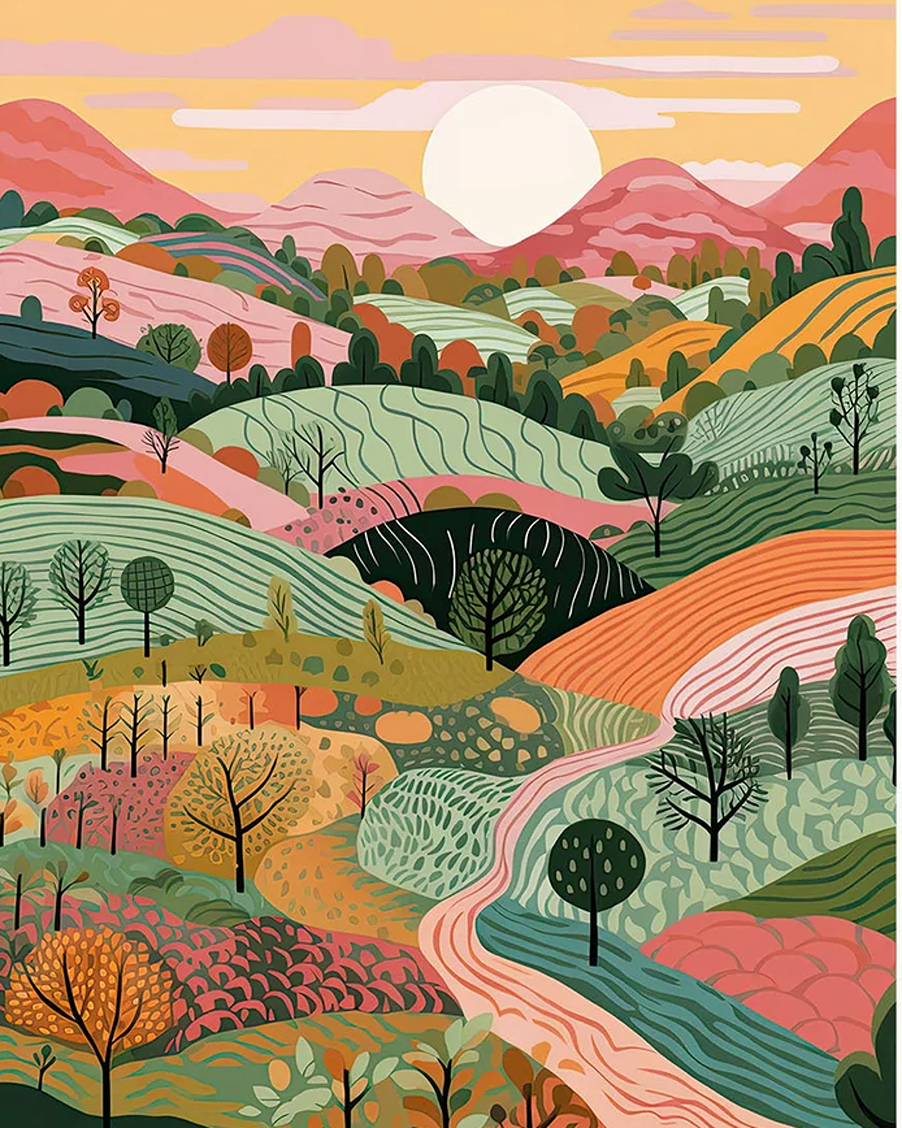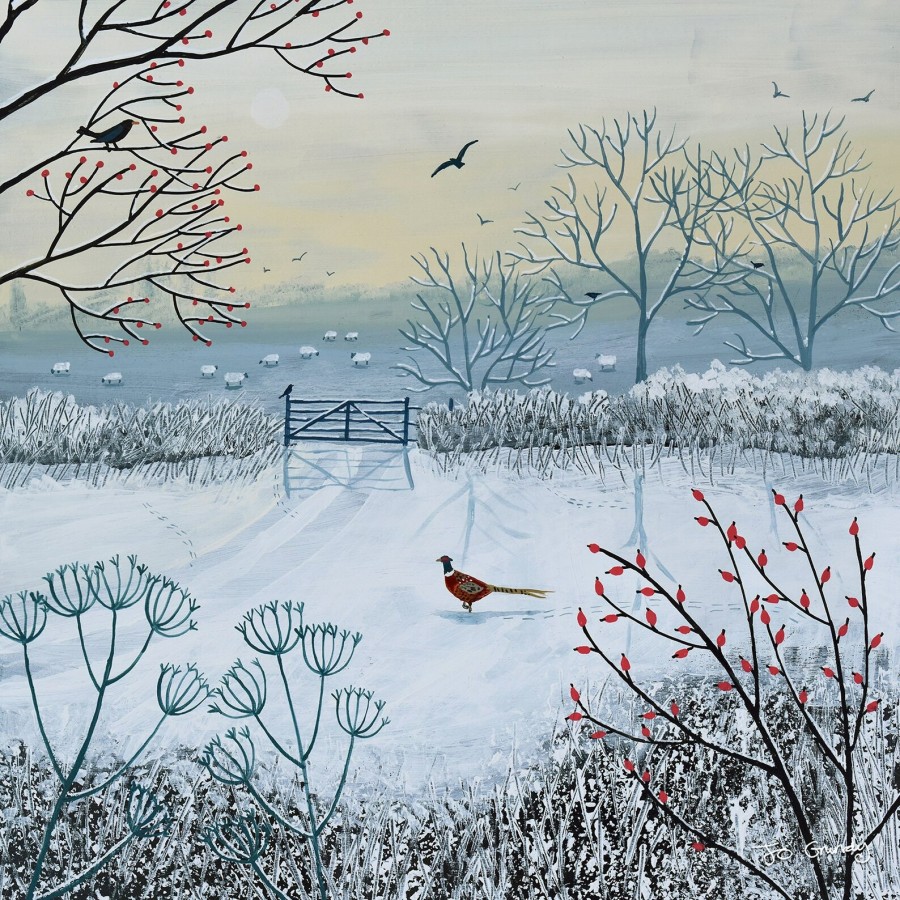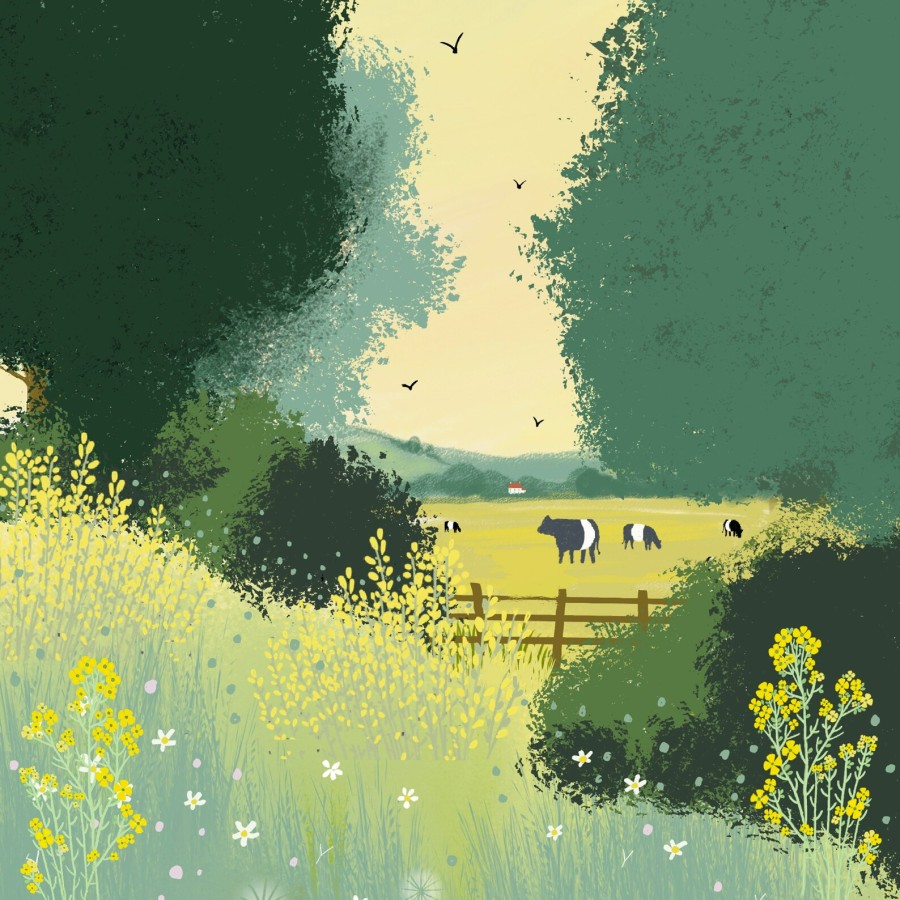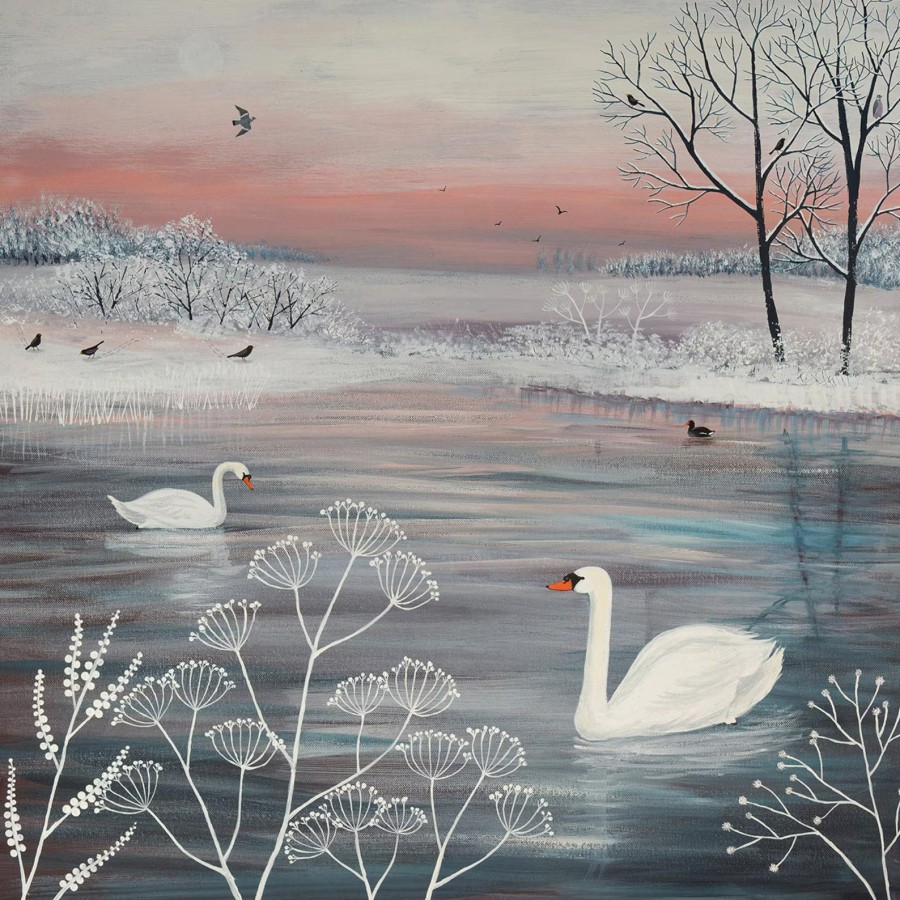
Mute swans are the ones you likely see on most lakes, and the myth that ‘the Queen owns all the swans’ originated from a time when people ‘owned swans’ but only those with money and of nobility. Even then, people would be fined for killing swans or stealing eggs. However, it was not until 1998 that mute swans became a protected species under the 1981 Wildlife and Countryside Act, after numbers plummeted due to lead shot and other harms. We also have migrating whooper swans, who fly in from Iceland each year.
Swan: Portrait of a Majestic Bird is the celebrate of our mute swans, by a wildlife writer and photographer, who explores the bird’s significance. Dan has studied mute swans for over 30 years since boyhood and (as a pilot who shares their skies) speaks up for the mute, answering questions about nature and future. See these familiar creatures in a fresh light.
The Swan: A Biography is a book by Stephen Moss. With beautiful illustrations, swans are the ‘avian equivalent of Sir David Attenborough’. Swans have been part of England’s scenery for hundreds of years, despite that not so long ago, Royals used to eat them instead of goose or turkey for Christmas dinner. Today thankfully, swans are highly protected.
Eton is home to Swan Sanctuary, which is the world’s experts in rescue and rehabilitation of these beautiful creatures. It almost closed due to lack of funding, but was saved by George Michael, who came to love swans when he found some in the bottom of his garden.
should we feed swans?
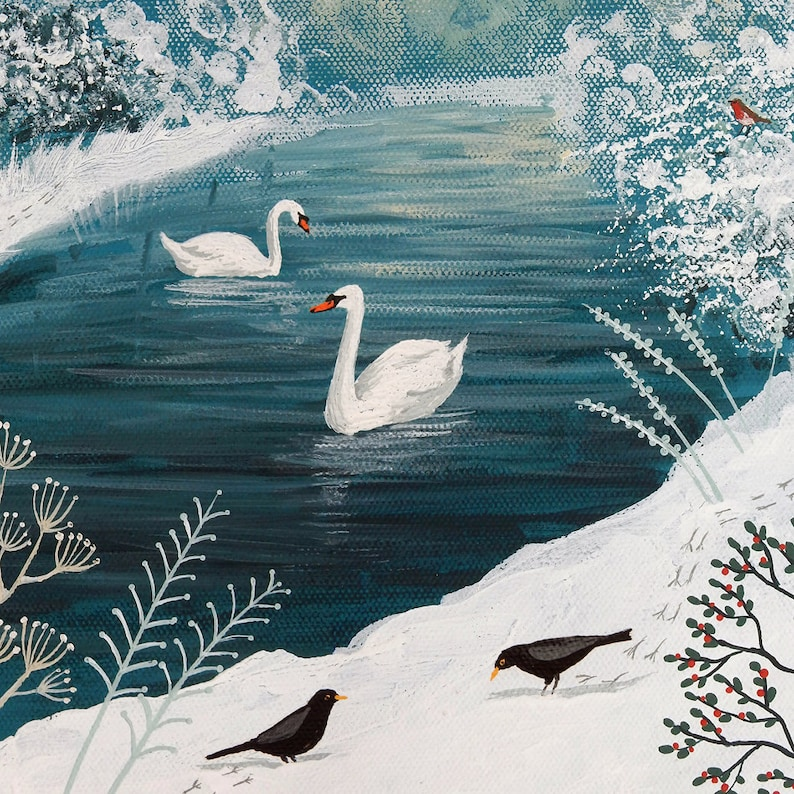
Swans live on grass, insects and molluscs. If you feed them, Swan Sanctuary says occasional lettuce, spinach or fresh (torn) bread is best (throw on water, as swans have no teeth). Never feed mouldy/stale/crusty bread nor buttered bread (smears on feathers, affecting waterproofing/insulation). Never feed swans on nests, it upsets brooding and encourages vermin.
how we can help our graceful swans
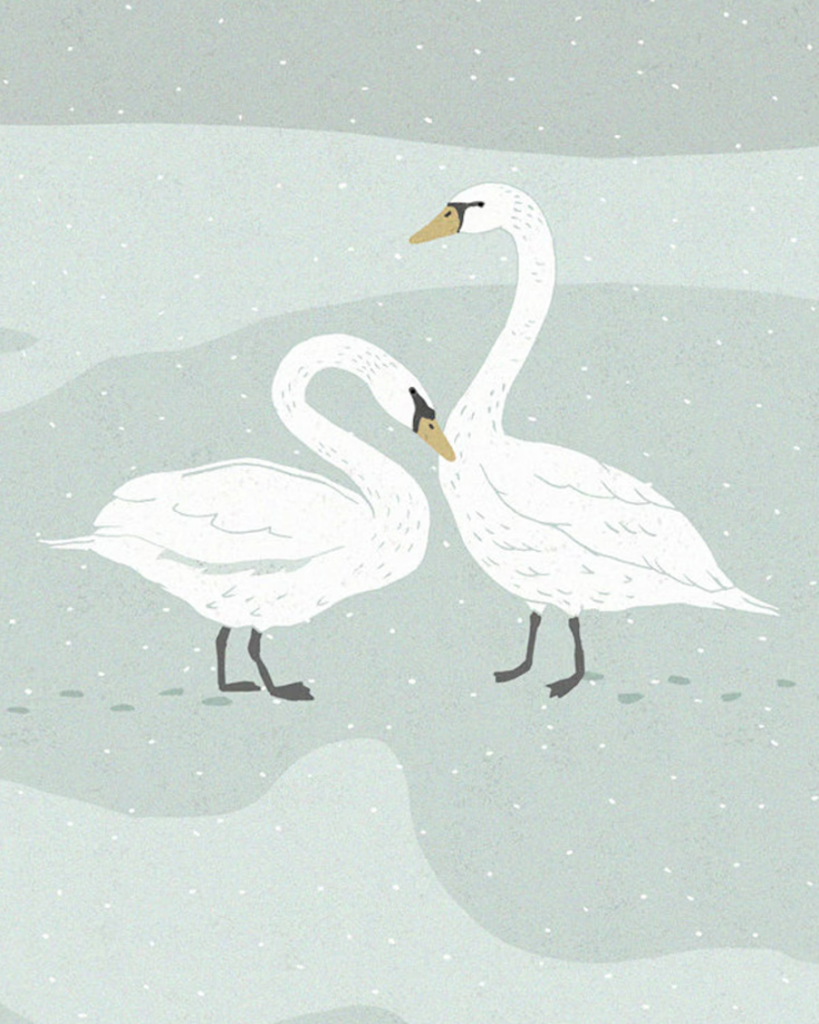
The best way to help swans (like all wildlife) is to leave them alone to stop them coming into contact with humans, dogs and road traffic. Don’t worry too much if swans fold one leg into their back (like us crossing our legs). If concerned, Swan Sanctuary, Swan Lifeline or a wildlife rescue. It’s illegal to harm swans (or disturb nests). Report to wildlife crime unit (can be anonymous, if preferred).
Monomaster is a nifty invention to store fishing line, the design does not encourage nesting birds. Voluntary bans on lead shot have not worked (100,000 wildfowl die yearly from ingesting metal in used pellets (lead shot also harms up to half a million other creatures).
Swans fly well but need a long run to take off, due to body weight. So they often fly into pylons or busy roundabouts. Experts say councils could install bird diverters (also helps prevent owls and bats from being injured or electrocuted).

